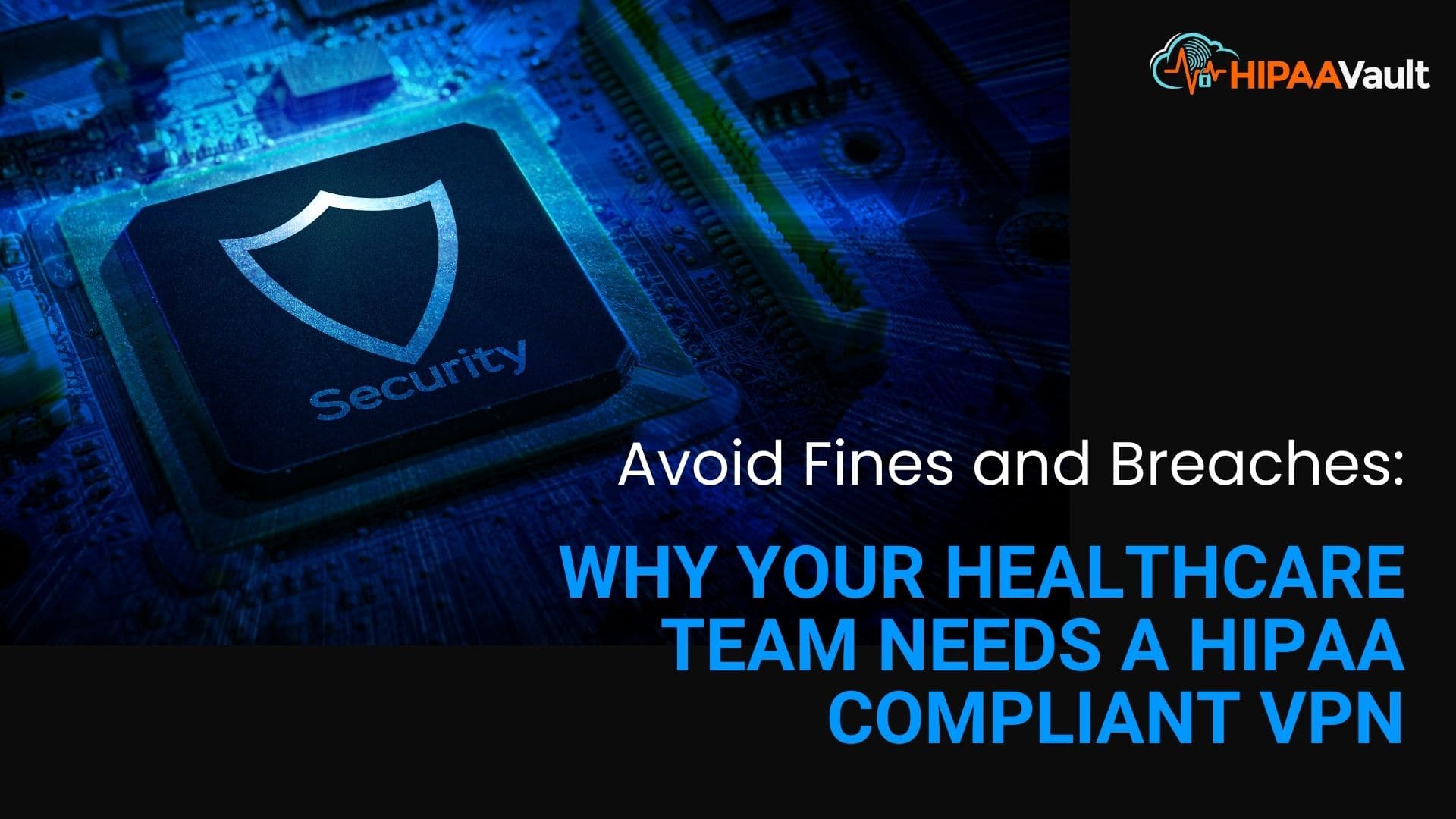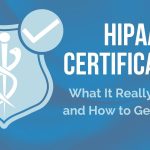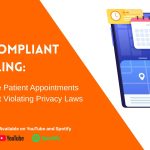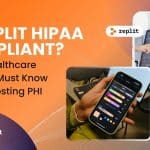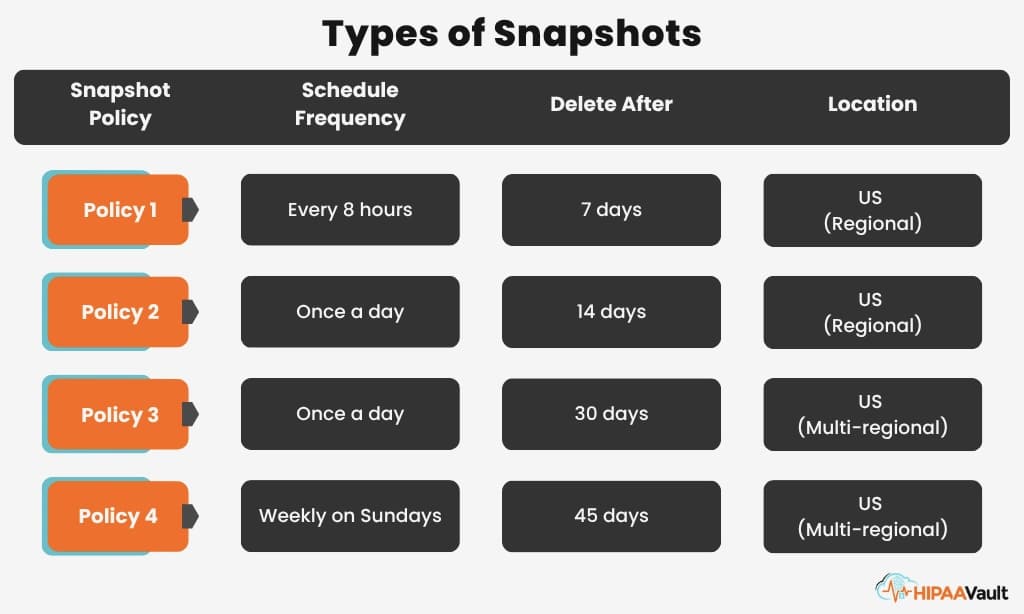Avoiding HIPAA violations isn’t just about having policies on paper — it’s about implementing the right technology safeguards to protect patient data.
One of the most overlooked yet powerful tools in your cybersecurity stack is a HIPAA compliant VPN.
Every day, healthcare providers transmit electronic Protected Health Information (ePHI) across telehealth platforms, remote desktops, mobile devices, and cloud systems.
Without proper encryption and secure access controls, these transmissions could expose your organization to:
- Multi-million dollar penalties
- HIPAA audits and investigations
- Reputation-damaging data breaches
👉 Need a compliant solution today?
Get a fast quote from HIPAA Vault’s secure VPN service »
Trusted by covered entities, clinics, and healthcare SaaS providers.
What Is a HIPAA-Compliant VPN?
A Virtual Private Network (VPN) creates a secure, encrypted tunnel for internet traffic, shielding data as it moves between devices, applications, and cloud-based healthcare systems.
While HIPAA doesn’t mandate the use of a VPN specifically, the HIPAA Security Rule requires that any ePHI in transit must be safeguarded with strong encryption and access controls.
A HIPAA compliant VPN includes:
- AES-256 encryption
- Multi-factor authentication (MFA)
- Access control for authorized users only
- Audit logs and access tracking
- A signed Business Associate Agreement (BAA)
📘 Learn more about HIPAA Security Rule Requirements
HIPAA Security Rule Requirements for Remote Access
The HIPAA Security Rule outlines technical safeguards that directly relate to remote connectivity and cloud applications.
A HIPAA compliant VPN supports compliance in the following areas:
- Transmission Security
→ ePHI must be encrypted when transmitted over public networks. - Access Controls
→ VPNs limit data access to authorized, verified staff only. - Audit Controls
→ VPN logs track user access and activity to support incident response and HIPAA audits. - Integrity Controls
→ VPNs prevent ePHI tampering during transmission.
Why Use a HIPAA Compliant VPN in Healthcare?
Here’s how a HIPAA VPN goes beyond compliance to offer real-world protection for your team and patients:
- Protects patient safety by defending sensitive health data from interception
- Secures telehealth sessions, even over public Wi-Fi and mobile hotspots
- Tracks user activity, supporting internal accountability and external audits
- Meets HIPAA audit standards, reducing legal risk
- Enables remote care and flexible work for distributed healthcare teams
📲 Learn more about remote healthcare security solutions
Features of a HIPAA-Compliant VPN
Not all VPNs are HIPAA-ready. Consumer VPNs, even paid ones, typically do not meet HIPAA standards.
Must-Have Features:
| ✅ Feature | 📋 Description |
| AES-256 Encryption | Industry-standard for securing ePHI |
| Multi-Factor Authentication (MFA) | Blocks unauthorized access |
| No-Logs Policy | Prevents third-party data exposure |
| Dedicated IPs & Network Segmentation | Limits access to isolated systems |
| Audit Logging | Full session activity tracking |
| Endpoint Protection | Secures BYOD and mobile staff |
| Signed BAA | Required for legal compliance |
👉 Want help configuring your VPN securely?
Talk to a HIPAA expert now »
Customize Your HIPAA Bundle—Pick 3 and Save 15%
Don't pay for tools you don't use. Combine Hosting, Email, Fax, or Text into one affordable, managed plan.
Learn MoreTop HIPAA Compliant VPN Providers in 2025
Based on features, certifications, and industry reputation, here are top-rated VPNs trusted by healthcare organizations:
Perimeter 81
- HIPAA & SOC 2 certified
- BAA available
- MFA, network segmentation, dedicated IPs
Proton VPN
- SOC 2 Type II audited (2025)
- ISO 27001 certified, no-logs
- Open-source clients for full transparency
NordLayer (NordVPN Teams)
- MFA, user segmentation, centralized control
- Business-grade security with BAA options
Cisco AnyConnect
- Enterprise-ready
- Advanced endpoint protection & logging
VPN Unlimited / ExpressVPN
- Ideal for smaller practices
- AES-256 encryption, privacy-forward
Visit VPN Unlimited
Common HIPAA VPN Mistakes to Avoid
Even when you choose a VPN, it’s easy to miss critical compliance steps.
❌ Using a free or consumer VPN (no BAA, no logs, poor encryption)
❌ Not signing a BAA with the VPN provider
❌ Failing to train staff on secure VPN usage
❌ Skipping logs/audits, which violates HIPAA tracking standards
HIPAA Penetration Testing—Go Beyond Automated Scans
Validate your security with an objective, third-party audit. We simulate real cyberattacks to uncover vulnerabilities and provide a comprehensive compliance report.
Learn MoreBest Practices for Implementation
To truly benefit from a HIPAA compliant VPN, it must be implemented systematically.
Step-by-Step:
- Run a security risk assessment
- Choose a VPN with strong encryption and BAA
- Configure MFA, audit logs, and kill-switch features
- Train users on HIPAA-compliant VPN access
- Monitor & audit usage monthly or quarterly
Tip: Schedule annual penetration testing to validate VPN effectiveness
ROI & Compliance Benefits
Investing in a VPN built for HIPAA isn’t a cost — it’s insurance.
- Avoid HIPAA fines (up to $1.5 million per violation)
- Prevent data breaches (avg. healthcare breach cost = $10M+)
- Support secure growth across multiple care sites
- Protect patient trust and organizational reputation
HIPAA VPN FAQs
Key Takeaways
- A HIPAA compliant VPN helps protect ePHI, support remote care, and ensure regulatory compliance
- Look for AES‑256, MFA, audit logging, endpoint security, and a BAA
- Avoid free VPNs or tools not made for healthcare
- Implement with care — configure correctly, train staff, and audit usage
Ready to Secure Your Healthcare Team?
A HIPAA compliant VPN is your first line of defense against data breaches, ransomware, and noncompliance.
Whether you’re a clinic, hospital system, or healthcare SaaS platform…👉 Protect your data. Avoid fines. Stay compliant.
Request your free VPN quote from HIPAA Vault now »
Simple setup. Fast response. Fully HIPAA compliant.


